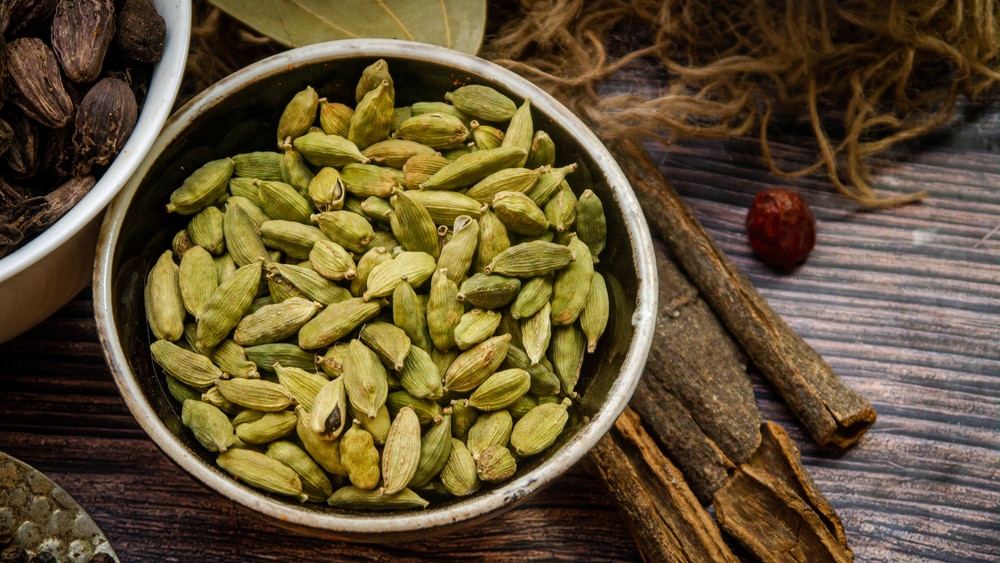
Pumpkin seeds
Pumpkin seeds aka Papita, are edible seeds taken from the inside of an opened pumpkin.
Pumpkin seeds are flat with a teardrop shape and a slightly domed bump on both sides. The seeds have a white-colored husk with a green, slightly soft interior.
Pumpkin seeds have high nutritional value, and as a result, are used as protein and fat substitutes within healthy diet-oriented recipes. Dried roasted pumpkin seed is 49 percent fat, 30 percent protein, 15 percent carbohydrates, and 2 percent water. Other
Pumpkin seeds are consumed throughout the world but are most common in Mexican cuisine where they are baked, marinated, and roasted. Roasted pumpkin seed is its most common cooked form consumed within the United States, Latin America, India, and the Arabian countries.
Do pumpkin Seeds go bad?
Pumpkin seeds are high in fat and protein meaning they are perishable foods. Aside from spoilage bacteria, pumpkin seeds can house a pathogenic bacteria called E Coli. Consuming an E Coli infested pumpkin seed will cause severe diarrhea that lasts for 5 to 10 days.
Pumpkin seeds when heated release their oils, these oils then house spoilage bacteria that cause the pumpkin seeds to go rancid.
Store-bought pumpkin seeds are tossed in preservatives that extend their shelf time. Most store-bought pumpkin seeds, if stored properly, will have a shelf time more than 3 to 4 months. Whereas home-roasted pumpkin seeds can only last up to a week if stored inside a pantry.
Store-bought pumpkin seeds are printed with a best before date. They will last a few weeks more if stored under favorable conditions. But it’s best to consume your store-bought pumpkin seeds within 2 to 3 months if the pack is stored inside a pantry.
Pumpkin seeds storage
There are a few ways that allow you to extend the expiration time of your pumpkin seeds. We have listed all of these pumpkin seeds preservation methods down below:
- Contact with oxygen facilities the growth of spoilage bacteria. Divide your pumpkin seeds into multiple serving size batches. Place each pumpkin seeds batch into a brand-new plastic bag and seal it with a vacuum sealer. Doing so will minimize the oxygen contact, and as a result, your pumpkin seeds will have a longer shelf life.
- Refrigerating the pumpkin seeds is a great way to store them. Vacuum seal your pumpkin seeds inside a plastic bag. Place the bag inside a fridge with an internal temperature between 4 to 1 degrees Celsius. Refrigerating the pumpkin seeds will increase their shelf life by 1 to 2 months. Make sure to label your vacuum-sealed, seed-filled bags.
- Pumpkin seeds can be frozen and freezing them is the best preservation method. Vacuum seal your pumpkin seeds inside a plastic bag. Place the bag inside a freezer with an internal temperature between -8 to -16 degrees Celsius. Freezing the pumpkin seeds will increase their shelf life by 3 to 4 months. Make sure to label your vacuum-sealed, seed-filled bags.
- Try buying recently packaged pumpkin seeds for more shelf life.